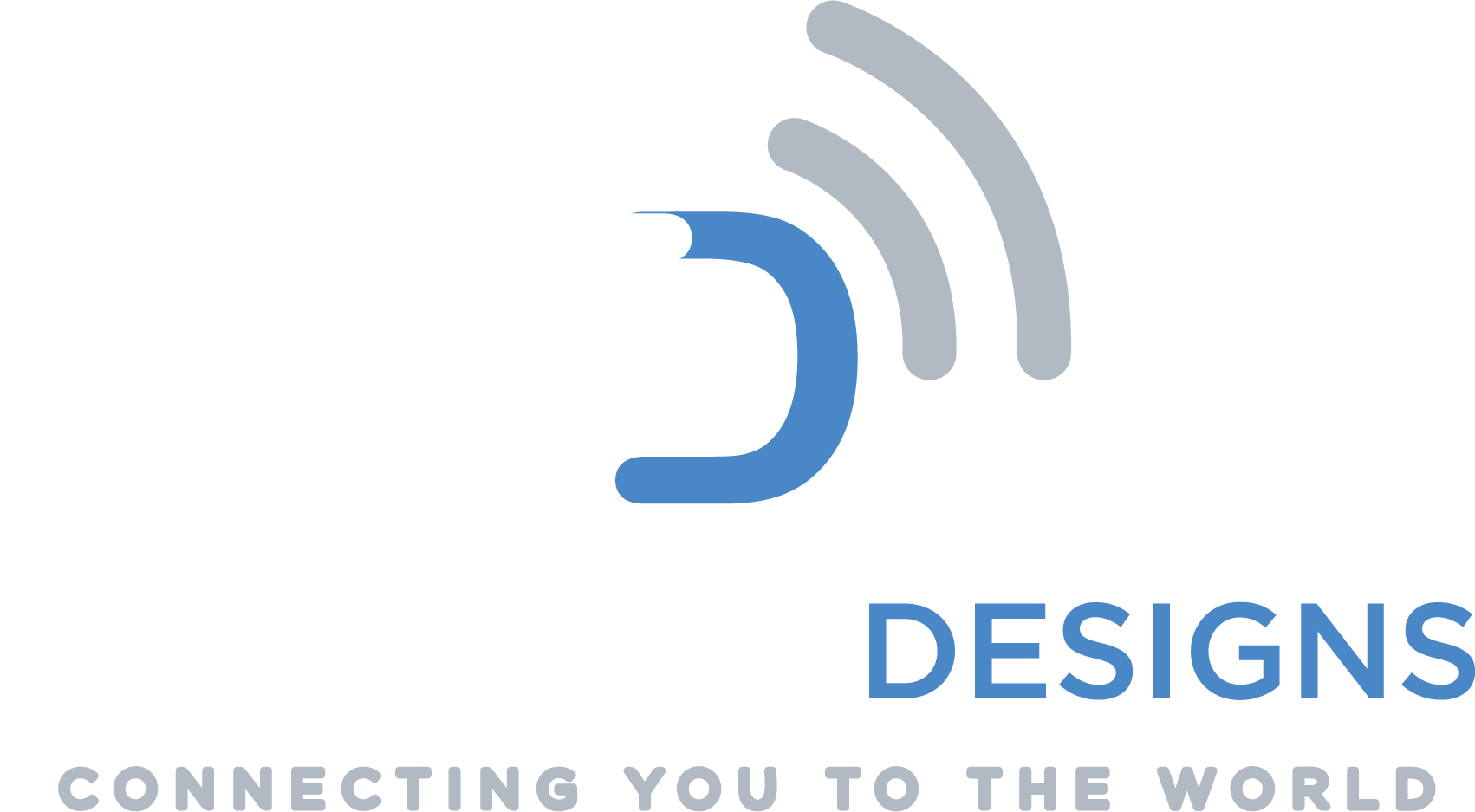The performance of your WordPress website is a huge concern, no matter which platform you use to run it. The great news is that there are plenty of ways you can optimize and speed up your website.
How can I speed up my WordPress website?
Speed and responsiveness are important factor for every website. Below you will find some recommendations to optimize and potentially speed up you WordPress site and our team is ready to help you get that done. Check out our support packages or contact us to learn more. Here are a few ways you can improve your site speed today:
- Enable WordPress caching
- Use a CDN
- Make sure that you are running the latest version of PHP
- Hosting Matters – Choose a reputable hosting provider
- Configure Plugins properly and cleanup installations
- Optimize images
- Cleanup your database
What is WordPress caching?
WordPress caching dynamically saves and serves an HTML version of your website for your visitors. This puts less of a strain on your server resources, limits database lookups and can greatly speed up the time it takes for your pages to render. To help with this, there are caching plugins that can be installed and configured on any WordPress site.
You don’t have to use a caching plugin, but it can help speed up your website. Some hosting services provide caching as a part of your service. If your provider offers this service, you can forego the step of adding a caching plugin. Otherwise, it is definitely something that should be a part of your site.
What is a CDN?
CDN stands for Content Delivery Network. The CDN stores copies of your website content (specifically images, media files, Javascript and CSS files) and delivers it to your readers using a network of servers around the world that are in closest geographically proximity to your users. CDNs also tend to have very fast response and loading times with minimal downtime.
We can perform an audit of your site and provide a recommendation of content that are best served by using a CDN.
Caching plugin vs. CDN? Do I need both?
A caching plugin saves a HTML version of your website to reduce database requests and speed up your site. A CDN stores and serves your website assets (images, media, CSS and Javascript) to increase site speed and lower bandwidth usage. While neither of these two things are required to run your website, having both in place significant boost your website’s performance and speed.
Will too many plugins slow my site down?
Functionality dictates the number of plugins your site needs to run in order to deliver the service your customers need. While the number of plugins can affect the speed of site due to processing time, there are other factors that could impact performance more. Some of those factors are server resources, size of site database, quality of the code for the plugin, size of the plugin and the functionality it performs
- Large plugins: Large plugins can sometimes come with functionality and features that you may not want or even ever use. These extras can cause the site to slow down. The more the plugin does, the more resources it demands.
- Plugin conflicts: Plugins are smaller packages of software that add functionality to the site and as such can sometimes conflict with other existing bit of code already in the site or even present compatibility problems that causes your site to hang. For example, WooCommerce does not work with W3 Total Cache when two are installed on the same instance. In addition to conflicts, there is also the duplication of functionality. You only need plugin for each functionality or feature your website has.
- Poor quality: One of WordPress’ greatest attraction is its extensibility through 54,000+ plugins /extensions, however, not all of them are coded equally. Some of them boasts a great feature set and functionality enhancements but in the end, can bring your website to crashing halt due to poor coding or testing or a combination of both. Because of this, it strongly recommended that you utilize only plugin that come from reputable sources. Here is a good place to start: Top 100 Best WordPress Resources
The bottom line is this. WordPress offers great flexibility and allows you to build sites of all types and sizes, however, the way the site is set up matters greatly when it comes to overall performance. Your WordPress site will perform optimally when the all aspects of the site are fine tuned to function as one unit: Theme, Plugins, customization, and database – it all contributes to what your customers experience in the end.

